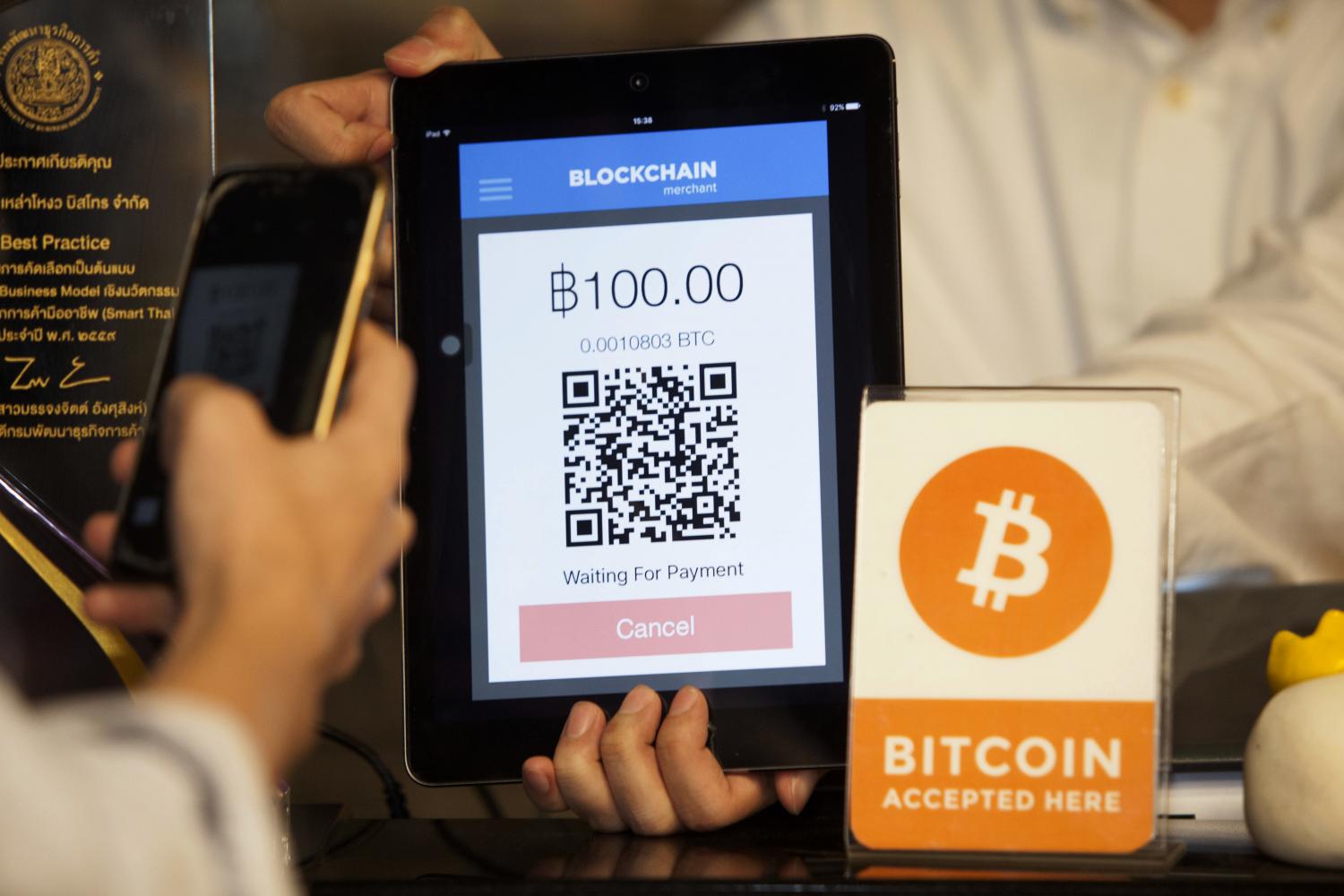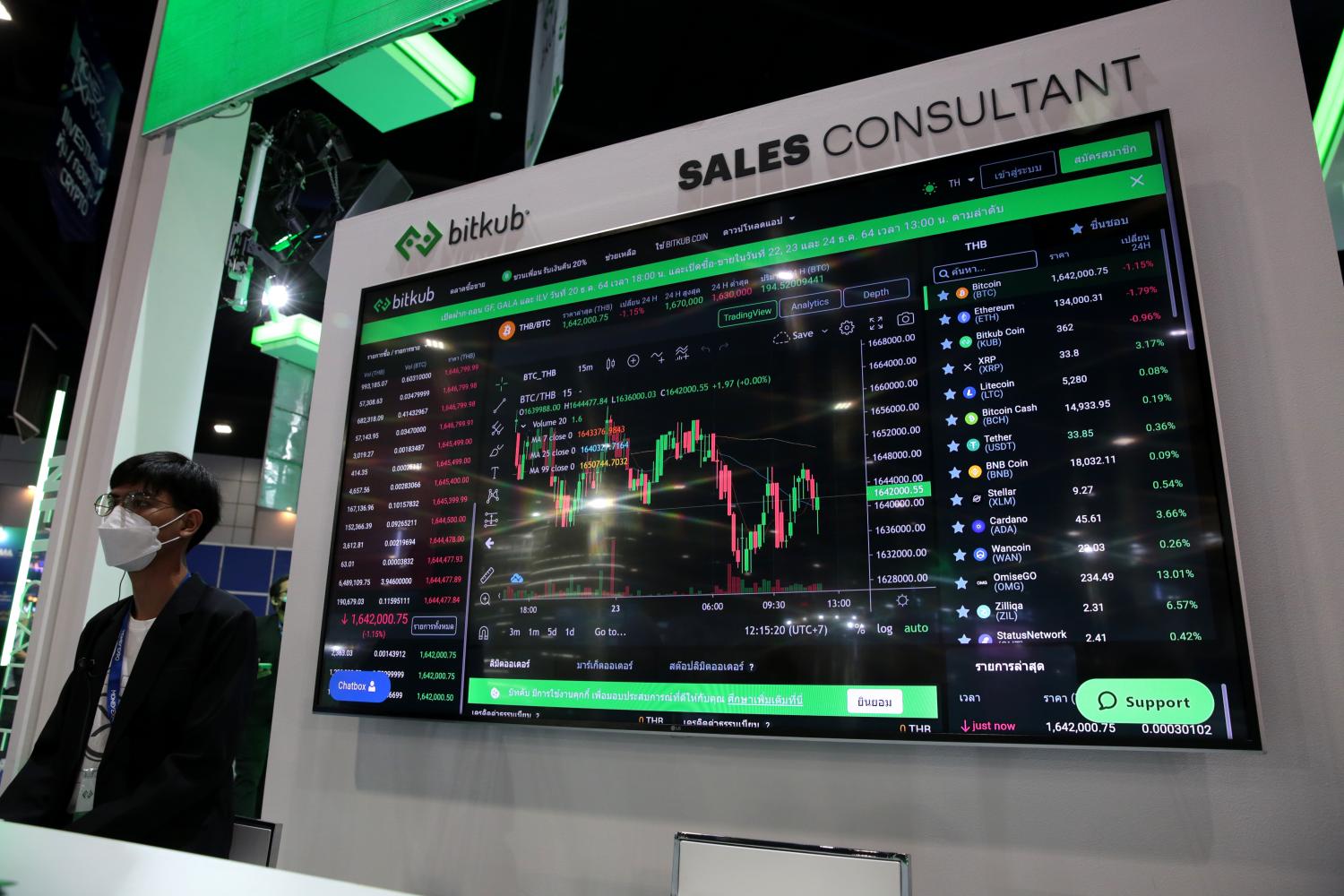
The year 2021 posted exponential growth for cryptocurrencies and digital assets, which remain both one of the riskiest assets and one of the most promising growth opportunities entering 2022.
To capture gains from the growing asset class, brokers advise investing 5-15% of a portfolio in digital assets or cryptocurrencies. Younger traders are recommended to invest a higher percentage, according to their risk appetite, said brokers.
According to data from the Securities and Exchange Commission (SEC), cryptocurrencies, predominantly Bitcoin and Ethereum, constitute the best performing asset class in 2021 and are likely to continue yielding high returns next year.
Ethereum, the second most popular digital asset coin, recorded the highest growth this year, surging by 417% on a year-to-date basis as of Dec 13. Other high-performing assets include XRP coin (Ripple) with a 226% gain, coal (up 104%), Bitcoin (up 60.1%) and oil (up 46.9%), the SEC stated.
Cryptocurrencies have proven a popular investment trend as the Covid-19 outbreak and consequent global economic downturn led a flight to alternative investments, providing outsized returns amid an international slump.
As another pandemic wave from the Omicron strain approaches and some countries revisit lockdown mandates, the global economy may not achieve its target growth in 2022 and beyond, caution analysts.
Aekkarat Srisupavichakit, head of risk management and a research specialist at Zipmex Thailand, said next year will bring many changes to the digital asset industry, whether from the viewpoint of technology, user expansion or new themes.

A customer pays for a meal with Bitcoin at Lim Lao Ngow, a noodle shop in Siam Square One. (Photo: Pawat Laopaisarntaksin)
FIVE-WAY PLAY
Zipmex Thailand identified five themes for the digital asset industry in the upcoming year that should be observed to safely invest in cryptocurrencies.
The first theme to follow is the metaverse. Originating from movies and books, these hypothetical virtual worlds are being developed to allow people to exchange value or possessions openly and safely via cryptocurrencies or non-fungible tokens (NFTs), representing a step forward from the internet and its limitations.
Global tech giants such as Meta (formerly Facebook) expect a functioning metaverse by 2022. This theme is the most outstanding for 2022 as many other companies are pushing for their own virtual world, including Axie Infinity, The Sandbox, Enjin, Chiliz, GALA, and MANA.
The second theme is blockchain infrastructure, which is the technology behind all cryptocurrencies. Blockchain functions as a secure ledger in a decentralised setting and allows for its information to be freely accessed.
Instead of trusting an intermediary organisation, blockchain permits its users to reliably trust the technology.
As cryptocurrency becomes more widely adopted for investment and new use cases, all crypto-related innovations must use the blockchain infrastructure, said Zipmex Thailand.
Some new applications have seen significant growth this year, such as smart contracts. Ethereum is one example of a cryptocurrency using such a service, but many others offer it, including Solana, Cardano, Polkadot, Avalanche, Terra and Algorand.
The third theme is NFTs. Entering the spotlight in the first quarter of 2021, when they were traded at high valuations and aroused the curiosity of the general public, NFTs have since offered new use cases.
Large corporations have increasingly incorporated NFTs to generate additional income, expand business, create new opportunities and build new customer bases.
The rise of the metaverse will foster more interest in NFTs in 2022, said Zipmex Thailand.
Another theme in which NFTs are available is Game DeFi (GameFi), a play-to-earn gaming platform that offers players true ownership over digital units inside games, such as Axie Infinity and Enjin.
Gaming was primarily for entertainment and excitement in the past. Obtainable items were available via in-game tasks or by paying real money.
Yet players could not truly possess the items as the video game company retained full ownership rights, and they would be lost forever if the game closed down.
GameFi proposes such in-game items are placed on the blockchain, ensuring players have the title to the digital units. This new play-to-earn model is a significant trend for 2022, said Zipmex Thailand.
Some platforms such as GuildFi offer cryptocurrency in their play-to-earn models.
The final theme is DeFi 2.0, or the new generation of DeFi that aims to solve issues in DeFi such as high fees and slow transaction time. Despite considerable growth in terms of users and application, it remains relatively new and has limitations, said Zipmex Thailand.
Defi 2.0 offers both opportunities and obstacles, inviting us to adapt and prepare for its arrival to better utilise cryptocurrencies and its development, said the company. Important DeFi 2.0 projects include AAVE, Maker, Curve and Yearn Finance.

Prices of cryptocurrencies are displayed on an electronic board at Bitkub's booth at Money Expo 2021. (Photo: Chanat Katanyu)
COIN INVESTING
Suppakrit Boonsat, president of the Thai Digital Asset Association, said digital assets can be divided into three categories: Bitcoin, altcoins and digital coins from project ideas.
Since Bitcoin's launch in 2009, the token has led the pack for cryptocurrencies in terms of market capitalisation and popularity.
Mr Suppakrit said because Bitcoin is established, stable and operates on a decentralised system, every investor interested in digital assets should include it as a staple in their portfolios. Its purpose as an intermediary similar to fiat currency gives it the lowest risk among other types of digital assets, he said.
Altcoins should be included in portfolios, but have higher investment risks, said Mr Suppakrit.
This group comprises digital coins focused on creating blockchain infrastructure or smart contract implementation such as Ethereum or Binance Smart Chain.
The third type is digital tokens that are project ideas on blockchain, which is related to the previous group. These have the highest risk because roughly 90% of tokens in this group fail, and they also have the highest likelihood to be scams, he said.
There are more than 15,000 coins from these project ideas in the market, making them one of the biggest investment trends in 2022 alongside NFT, GameFi, DeFi and the metaverse.
In addition, apart from analysing the risk of each digital asset, investors must also monitor global economic conditions as they can potentially post both positive and negative effects on asset prices, said Mr Suppakrit.
For example, rising inflation may be a boon to digital assets, driving many countries to apply hawkish monetary policies that lower liquidity in global stock markets. Lower liquidity in traditional assets will persuade investors to seek returns in digital asset markets, he said.
Regulatory risks such as the Chinese government's clampdown on digital assets could have a direct impact on the prices of Bitcoin, DeFi and other digital tokens, said Mr Suppakrit.